|
It's been two weeks since I completed my 24 Hour Aquabike and what a challenge it was! Now that I've had time to process it all I wanted to share some of my experiences and learnings so that hopefully it can be of help to anyone who is undertaking an endurance event. This part of my blog will cover some of the pre event prep, with part two on the challenge itself to follow... The preparation The key part! As an events specialist, I find the preparation phase comes quite naturally to me, and in many ways I preferred being in control of the organisation of the challenge. I could decide on the timing and format of the event, and who my key team would be. I was keen not to overcomplicate things (in fact the standing joke has been that initially I thought I could just rock up on my bike with my panniers and swim and cycle completely unsupported for 24 hours). I decided that starting the event at 8pm would allow me to do the darker hours of the challenge earlier on, meaning I would be fresher when light was harder to navigate. Training Despite wondering if I really needed to do a night time recce (I mean it's just the same process but in the dark right?) I was so glad that I did. Although I was only out for one bike and one swim at night in my practice run, it was a whole different ball game. Once the light went in Richmond Park it REALLY went - with no street lighting, and deer jumping out at you left right and centre. Similar challenges faced me at the river (minus the wildlife) which was pitch black but eerily beautiful. It has to be said that my training took a bit of a hit in March when I contracted shingles which affected me for four weeks. But I am really pleased with how I managed this, following my own mantra of listening to my body and not pushing through when I felt overly tired, or when my HRV was alerting me. Again, following the protocols I promote to those I coach, I kept my longer training sessions in HR zones 1 or 2 max. It's great news for events like this to know that women are inherently built for endurance, so the longest training session I did was just over seven hours including four rounds of cycling and three swims, really to check on how those endless transitions would feel. A few lessons were learned there about kit and how to not feel like I was constantly wet! Being very aware that our ability to maintain fast-twitch fibre action, power and speed take a hit as we hit the perimenopause and menopause stages of our lives, I ensured that I included HIIT intervals into my bike, swim (and run) sessions, and also added heavy lifting in my strength training, especially deadlifts and squats. Throughout the past year I had been working with this methodology of long, easy endurance work, complemented with short sharp sessions, i.e hard being HARD and easy being easy. This ensures that the cortisol which can rise during perimenopause and menopause doesn't hang around and cause long term fatigue. This training was also working in tandem as I had a standard distance triathlon planned for three weeks before my Aquabike. Alas the events company that were due to deliver that event went bust the week before so my running skills were never put to the test. Nutrition The importance of nutrition can't be underestimated as I know only too well and am often stressing to the athletes I coach. For shorter races, say up to a couple of hours, you can get away with quick release energy products and gels to see you through, but as it gets into longer periods of activity this is where you can really get caught out. I have been witness to people with energy depletion or GI distress ruining the event they had otherwise trained so hard for. Also an issue, especially with women is LEA (low energy availability). This has become a bit of a concern in recent years when carbs became the next food group to become demonised and it is very common to see women not consuming enough carbohydrate during their training. For intense training for endurance events (i.e over 5 hours per day) a woman needs to be consuming 6-7g of carbs per kg of bodyweight. I rarely use gels, even for shorter events, and have my own tried and tested combo of pieces of Soreen malt loaf, jelly babies and pieces of oat/porridge bars that work really well for me. I always find it interesting how much people will pay for 'sports specific' energy bars when good old Soreen has as much carbohydrate, and often more than a lot of them. There is a reason why it has been a favourite of even pro cyclists for over 80 years! This sort of snack/sugary food wasn't going to cut it for 24 hours though and so I experimented with some real food ideas containing some protein which I knew I would also look forward to every six hours, keeping with my body's usual 'feeding window'. I settled on my staple, overnight oats for early morning, egg noodles with chicken for 'lunch' and good old cheese sandwiches for a pick-me-up! Ah it's the simple things... Both my food and kit prep was like a military operation. Making up bags of snacks for the bike, bottles of hydration and so on. It is of course a personal preference but I am very much in agreement with Dr Stacy Sims that food should be in your pocket and hydration in your bottle. A lot of people choose carbohydrate rich drinks, but I find they can be sickly, or fill you up, sometimes blunting your thirst and meaning that you don't consume enough hydration. Then there was the kit: lights for swimming, lights for cycling, dryrobes, towels, changes of trisuits, tops to allow for cold at night and hot during the day, or rain and so on it went. Not to mention the personal care side of things, medications, creams, wipes etc etc. All of this had to be organised a week in advance when my partner Ian could store it ready in his car so that I didn't have to cycle with it all to Teddington. Which brings me onto.... The Team! Invaluable, that's all I can say. Going back to my crazy idea of doing the whole challenge totally unsupported I realised when I saw my kit alone that those would have been VERY heavy panniers! I had a fine line to walk here though - I needed enough support by people who understood what was going on and could be agile, but not too many that would end up making me feel like I was in work mode and running an event for other people. Ian, for all of his initial joking about saying I should text him and let him know how I was getting on, really stepped up and decided he was going to be there for the whole 24 hours to support me. This was on the understanding of course that "If you even think about stopping I will boot your a**e and tell you to get on with it". That's the kind of Scottish tough love I understand, and earned him the title of 'Head of Motivation' for the challenge. Hila, what a find! In fact found living in the flat downstairs from Ian up in Bucks. I remember my excitement when I first discovered she was a paddleboarder, but more than that, Hila is a great ops person, with her very own van and gazebo set up which would turn out to be our very own HQ for the event. Also, Hila is currently training to row the Atlantic in 2023 so I knew I was in safe hands with her as my very own river guide during my swim sections. Nerina, the other key linch pin in my little team. Appropriately she was someone I met during the Covid lockdowns in early 2021 when even the Serpentine wasn't allowed to open and I made my first trips to Teddington to swim in the Thames. She has become a firm friend, and as a sleep expert, I turned to her for some advice on energy management during the challenge. There would be no sleep here, so she gave me some great tips and exercises which we captured in this video below. Nerina also swapped her usual swimming attire to join me on a couple of my bike rides. My other core supporters were Luisa, Giovanna and Fiona, but more on them as we go through the process of the actual event....Part 2 on that coming shortly!
0 Comments
Leave a Reply. |
AuthorDenise Yeats is a coach, personal trainer, endurance athlete and avid adventurer. She is passionate about supporting women to achieve their goals, working with, not against their changing physiology. Archives
July 2024
Categories |
Proudly powered by Weebly

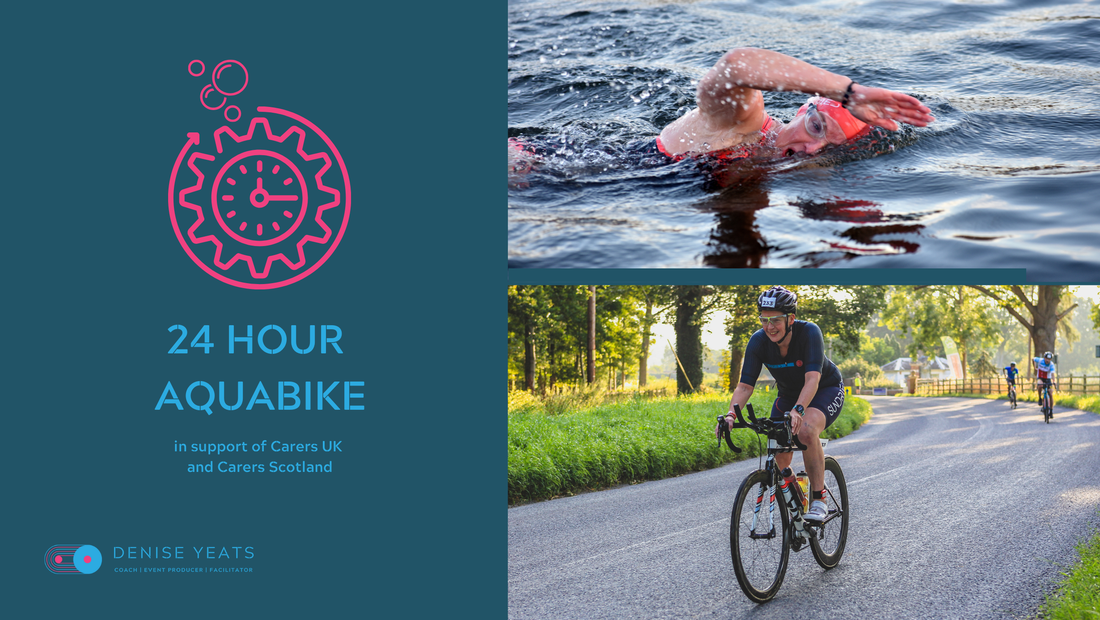
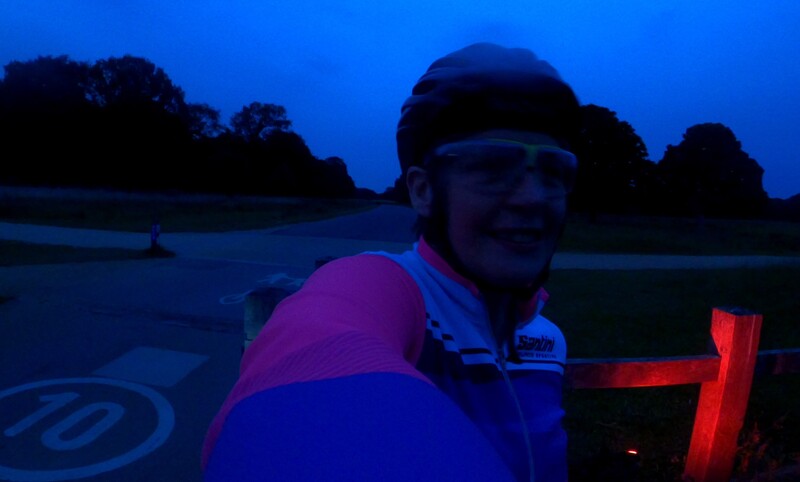
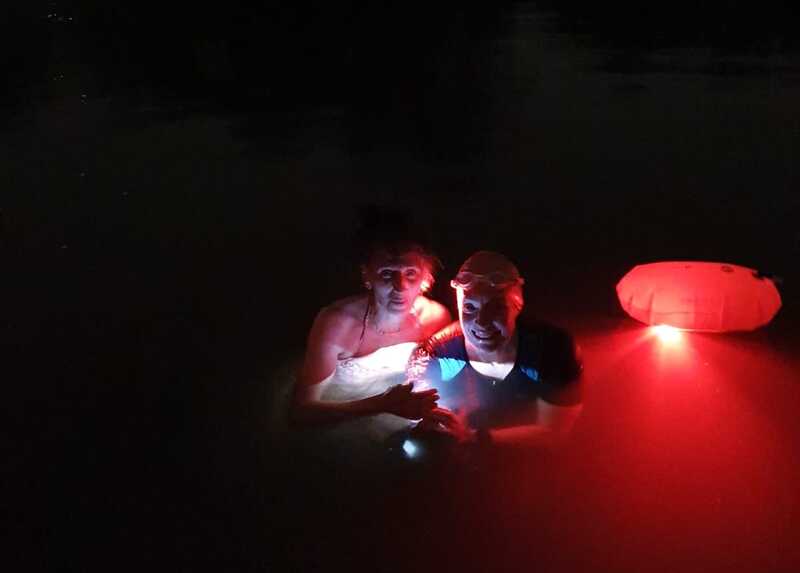
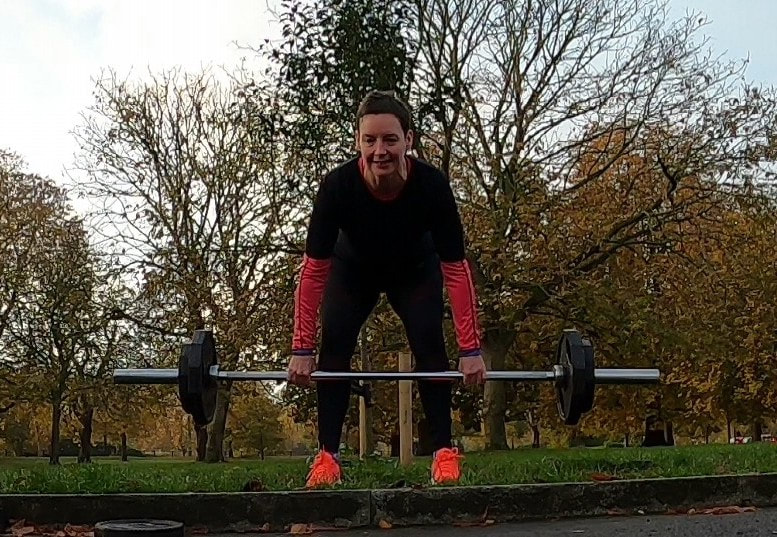

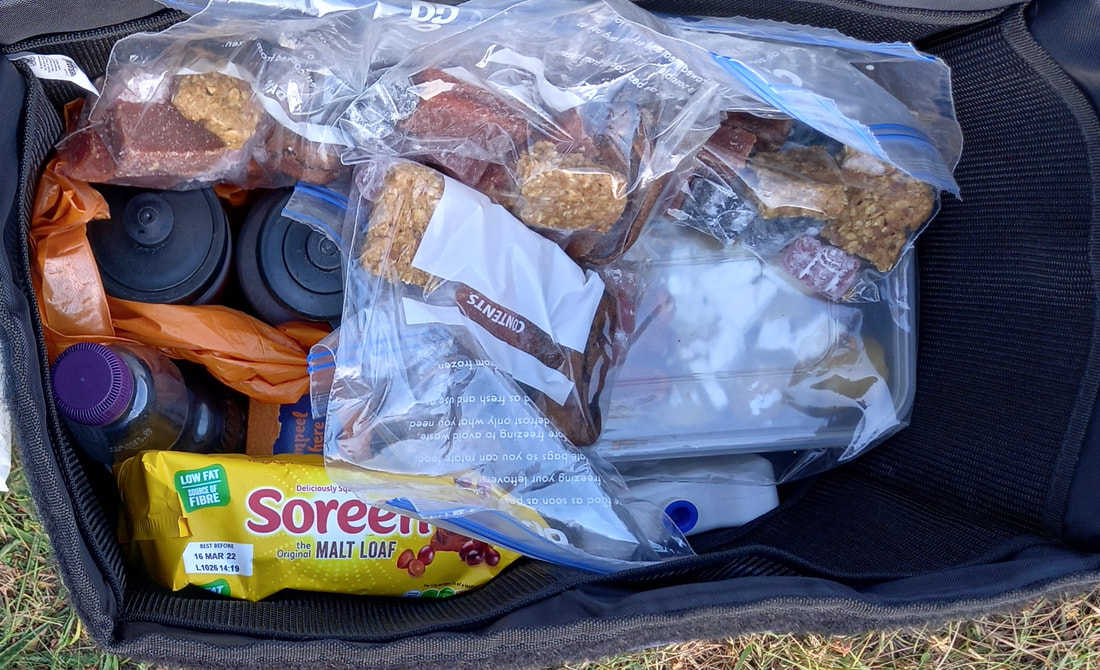
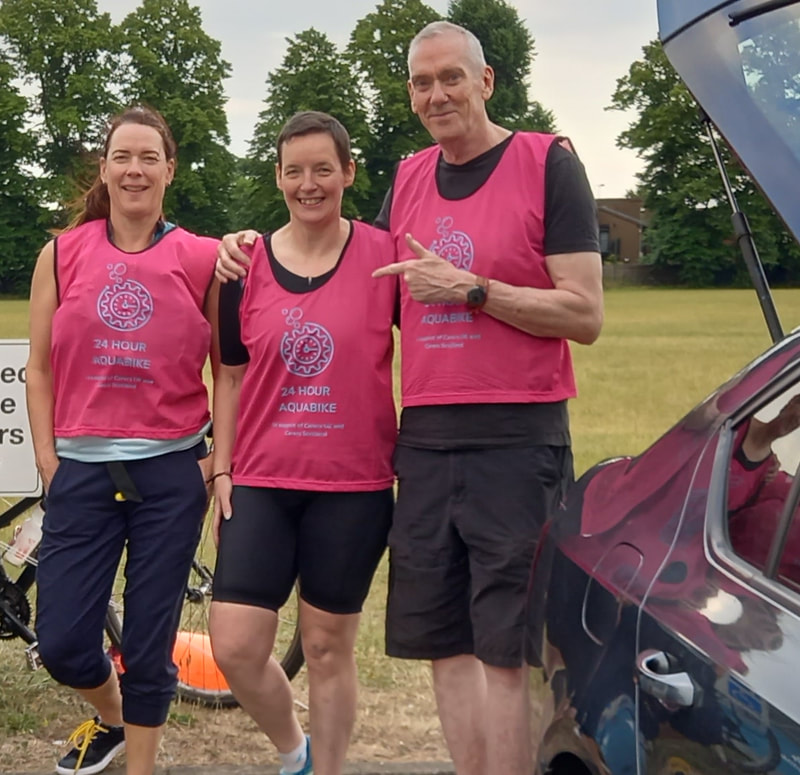
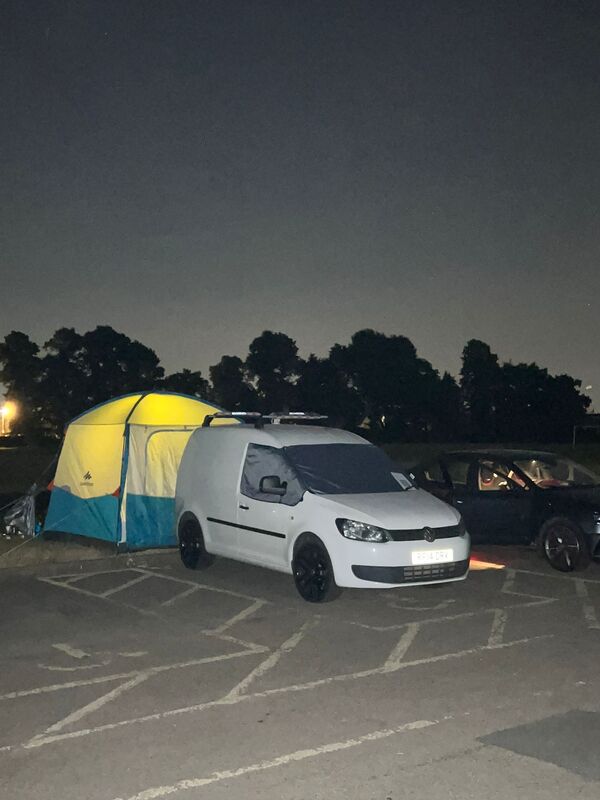
 RSS Feed
RSS Feed